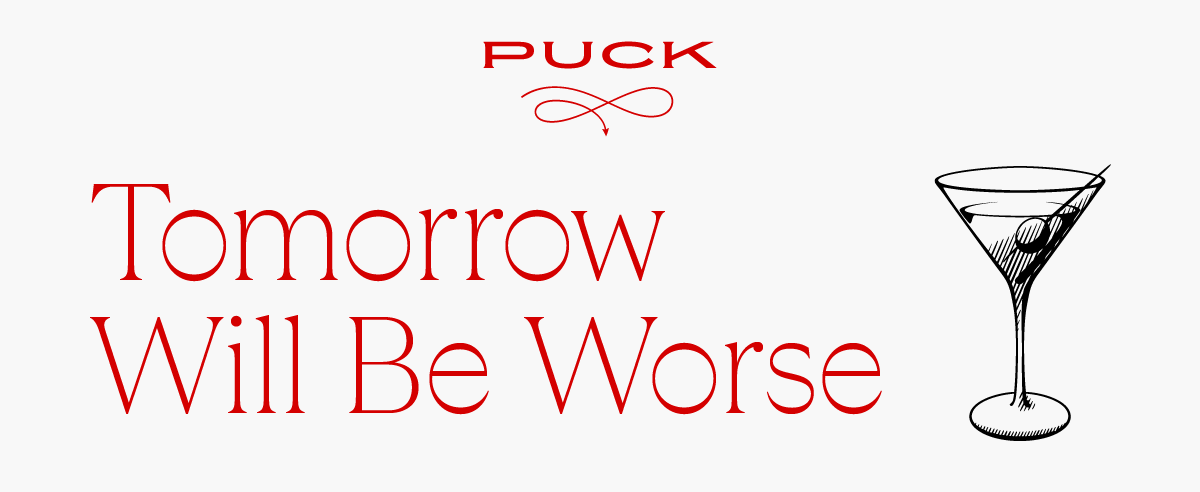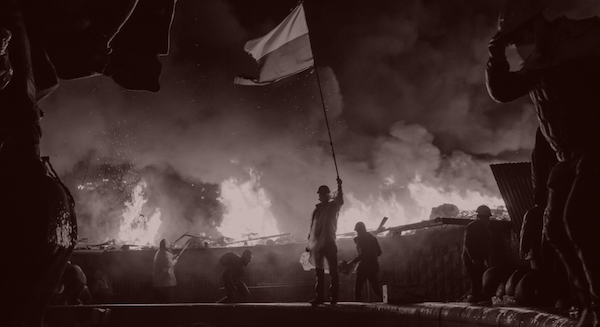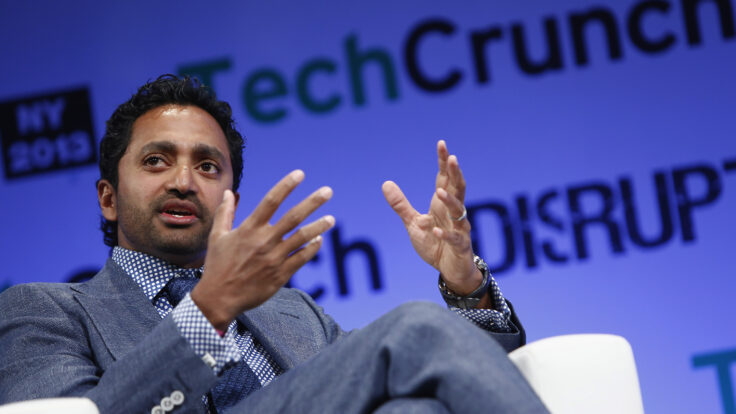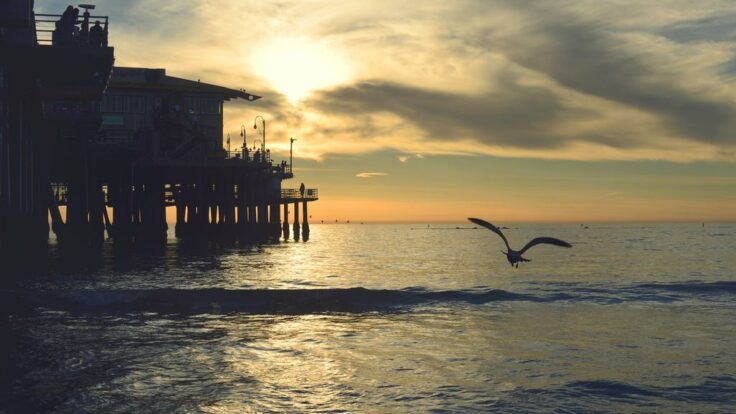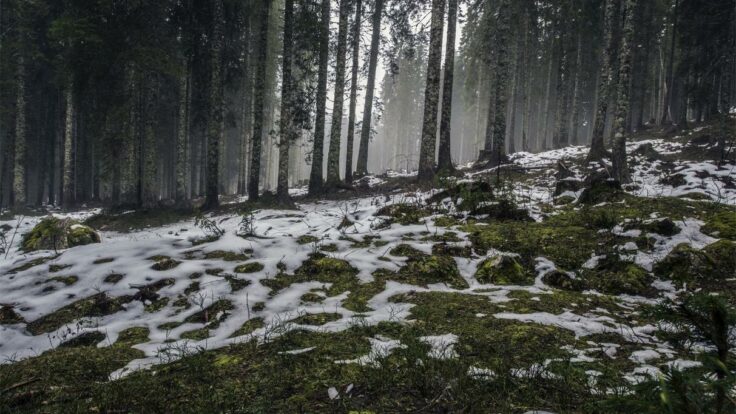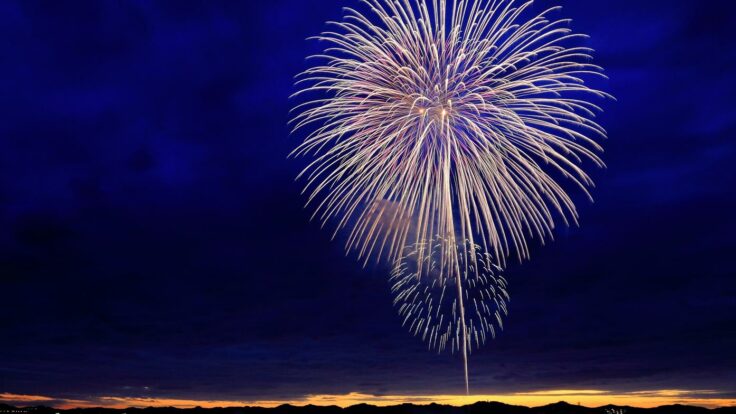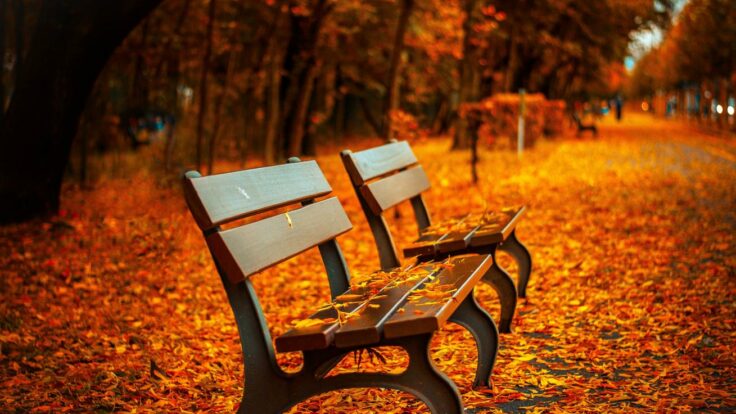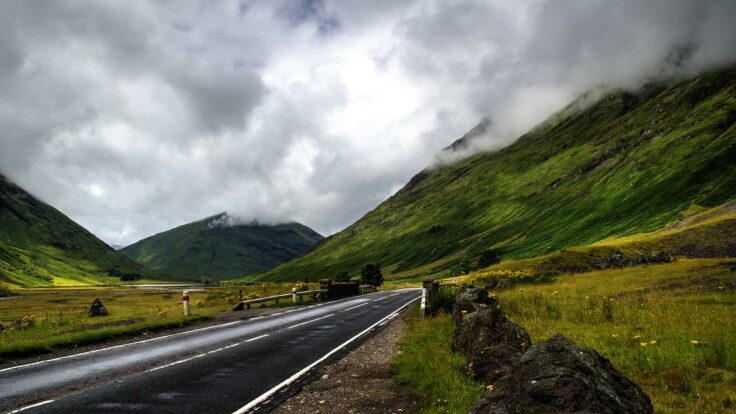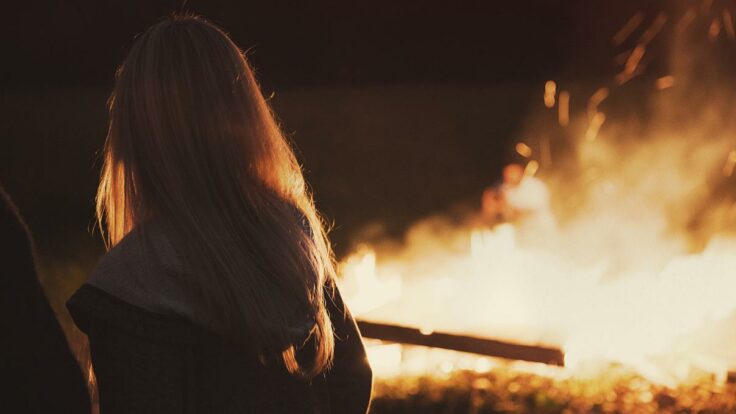|
Hello, I’m Julia Ioffe. Welcome back to Tomorrow Will Be Worse, my dispatch from Washington. It was an extremely busy and stressful weekend as I continued reporting on the invasion of Ukraine and trying to keep up with friends and former colleagues in Moscow as well as those facing down Russian forces in Kyiv. Among them is Mustafa Nayyem, a Ukrainian journalist turned politician, who started the 2013-2014 uprising against Ukraine’s then Russian-aligned government. Eight years later, he’s still helping to lead the resistance—this time against Russia, itself.
As a reminder, you're receiving the free version of Tomorrow Will Be Worse at . For full access to my reporting, and my entire conversation with Mustafa, below, consider subscribing to Puck.
Julia
The view from the ground in Kyiv, where the national resistance is growing, and rumors of a Russian kill list hang in the air. On November 21, 2013, Ukrainian investigative journalist Mustafa Nayyem posted an innocent enough message on Facebook. “Meet you at 10:30 pm under the Monument of Independence,” he wrote. “Dress warmly, bring umbrellas, tea, coffee, a good mood, and friends. Repost in every possible way. Welcome!”
It was a response to Ukraine’s then-president Viktor Yanukovych bowing to pressure from Vladimir Putin to back out of an economic cooperation agreement between Ukraine and the European Union. Putin didn’t like the idea of Ukraine drawing closer to Europe—and away from him—so he sent Yanukovych a massive aid package, which was, essentially, a bribe. Like many other young Ukrainians, the 32-year-old Nayyem was not happy with the decision, which meant that Ukraine would continue to be stuck in the mentality and system of the sovok, the “dustpan,” which is slang for the Soviet era. So he called people out to protest. And because he was a bit of a journalistic celebrity, people listened and came out—lots and lots of people. And they stayed and stayed and stayed. Even when Yanukovych sent goons to beat up the college students and young people on Kyiv’s Maidan, or public square, they stayed and more people came to join them, people from all over the city, and then from all over the country.
It all came to a head on February 20, 2014, when Yanukovych, apparently under pressure from Putin, ordered the special police to open fire on the protestors. At the time, I was covering the Olympics in Sochi, Russia, and seeing the news, I decided to go to Kyiv. By the time I managed to get on a flight, the shooting had thankfully stopped, but the death toll was in the dozens. I arrived on the 21st. Mustafa, who was a close friend of my boyfriend at the time, met me on the Maidan, gave me a flak jacket and a helmet, and then took me on a tour of the vast encampments that had now spread on the Maidan and around it. It was like being in Blade Runner. Lit by the fires blooming from oil drums and trash cans, young men in knee pads and athletic helmets trained with bats and pieces of wood bristling with nails. The shooting was over for the night, but there was talk it would start again tomorrow. The mood was tense, frightening. After the tour, I bought some water and food and holed up in my hotel room. When I woke up the next morning, the city was jubilant: Yanukovych had fled. The Revolution of Dignity had triumphed.
It was also the beginning of the long conflict that brought us to where we are today, a full-scale Russian invasion of Ukraine. Soon after that night on the Maidan, “little green men”—Russian soldiers without identifying insignia—showed up in Crimea. Astroturf separatists began to pop up in Donetsk. And now, here we are.
Mustafa, meanwhile, pivoted to politics. Along with two other journalists who had been deeply involved in organizing the Maidan, he ran for parliament—and won. He spent five years in the Rada, where, among other things, he served on the law enforcement committee and led a successful effort to reform the corrupt traffic police. In 2019, he left parliament to serve as the deputy director of Ukroboronprom, the state defense concern. In the spring of 2021, he joined the Ukrainian Ministry of Infrastructure and Transport as deputy minister, a position he still holds today.
I reached Mustafa on Sunday. He was still in Kyiv, and the day before, he laughed at me when, after seeing the reports of Russian forces shelling the capital, I asked if he was safe in a bomb shelter. “The bomb shelter is only for women, children, and old people,” he explained. (I joked that, now that he was 40, he had full rights to the shelter.) He was working feverishly, trying to get supplies to a city that was running out of fuel and bread, and was about to enter another difficult night. On its western border, shipments of weapons and humanitarian supplies were flooding in from all over Europe. It was the only way to get them in because the air space over Ukraine was now closed and teeming with Russian bombers and missiles. But many of the roads and bridges had been destroyed, too. It was a logistical nightmare and Mustafa hadn’t slept in days.
Still, he took a bit of time to talk to me. He was full of the fighting spirit Americans are now seeing all over Twitter, and being, perhaps, a little too optimistic about the outcome of the war only three days into it. And though he acknowledged the dangers that still lay ahead, the surprise and delight at having held off a military that was stronger and more numerous, that was supposed to have conquered them by now, was palpable. For a man who was born in Kabul in 1981, two years after the Soviet invasion, this was no small thing. Our conversation has been translated, edited, and condensed for clarity.
FOUR STORIES WE'RE TALKING ABOUT Makan Delrahim, who led the D.O.J.’s antitrust division during the Trump administration, charts the future of media regulation. ERIQ GARDNER Putin’s cynical invasion evidences his profound intellectual discontinuity: why start a new war when you want to fight the past? JULIA IOFFE The former wunderkind producer Jeff Zucker will be succeeded by another wunderkind, Chris Licht. Welcome to the new CNN. DYLAN BYERS The smart money has already pulled out of Trump’s SPAC circus, just as Chamath Palihapitiya dumped his stake in Virgin Galactic. WILLIAM D. COHAN
You received this message because you signed up to receive emails from Puck.
Was this email forwarded to you?
Sent to
Interested in exploring our newsletter offerings?
Puck is published by Heat Media LLC.
For support, just reply to this e-mail. For brand partnerships, email ads@puck.news |
-
Join Puck
Directly Supporting Authors
A new economic model in which writers are also partners in the business.
Personalized Subscriptions
Customize your settings to receive the newsletters you want from the authors you follow.
Stay in the Know
Connect directly with Puck talent through email and exclusive events.
